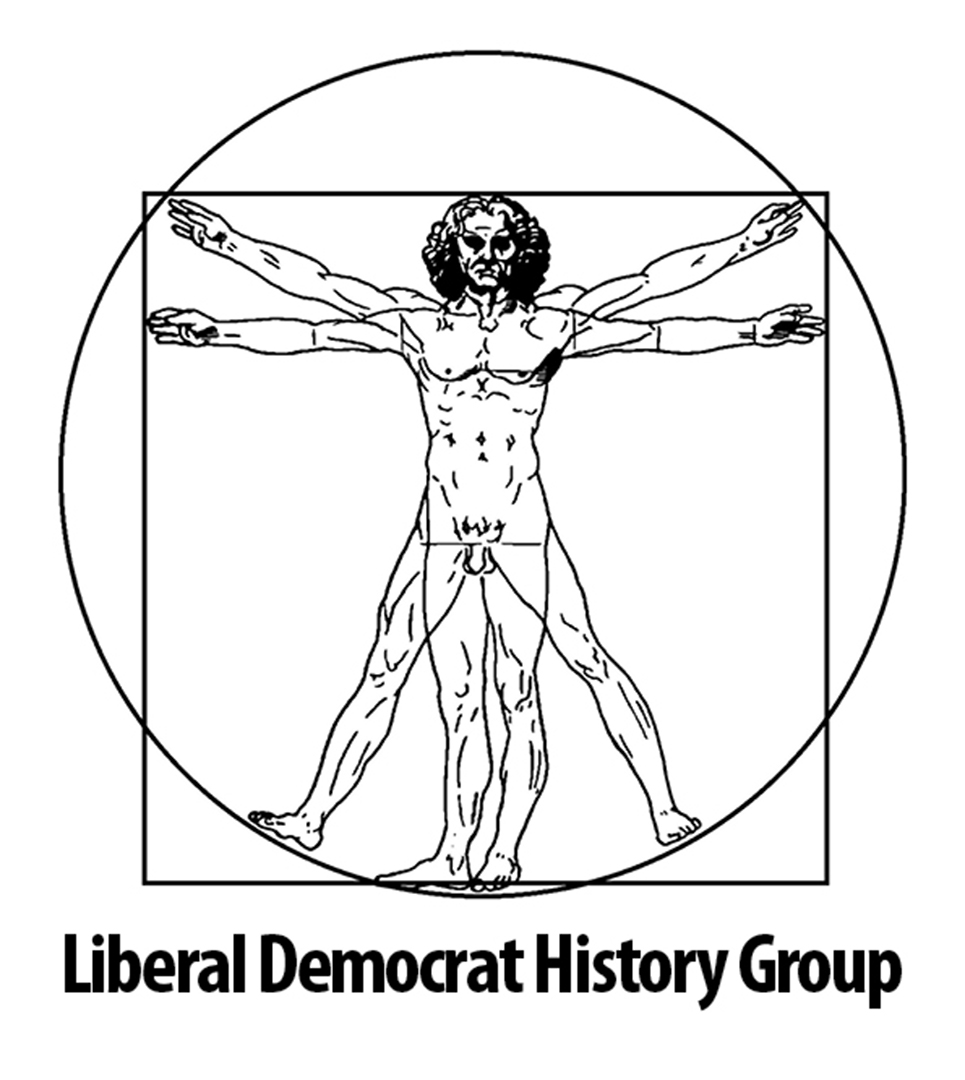Event location:
Liberal History Events are about 1327276800 Lady Violet Room, National Liberal Club, 1 Whitehall Place, SW1A 2HE
Related time periods
Chair:
Liberal History Events speaker are about 1327276800 Lady Violet Room, National Liberal Club, 1 Whitehall Place, SW1A 2HE
Speakers:
Liberal History Events events are about 1327276800 Lady Violet Room, National Liberal Club, 1 Whitehall Place, SW1A 2HE
This event appears in the Journal:
Liberal History Events subjects are about 1327276800 Lady Violet Room, National Liberal Club, 1 Whitehall Place, SW1A 2HE
The Orpington by-election of March 1962 was a political landmark: a stunning victory for Jo Grimond’s Liberal Party, as Eric Lubbock turned a Conservative majority of 14,760 into a Liberal majority of 7,855. The term ‘Orpington Man’ was coined by the press to identify a new type of voter, young, white-collar, skilled, well-educated and upwardly mobile socially and economically a social group supposedly rejecting an old-fashioned and out-of-touch Tory party but not attracted to a cloth-cap, Clause IV Labour Party either.
The expectation was that this group would decide the next general election and would vote decisively for the Liberal Party. But this never happened. The Liberals did relatively well at the 1964 election, gaining almost 5 per cent of the vote and three more seats – but not in the areas where ‘Orpington Man’ was supposed to live.
So what happened to ‘Orpington Man’? Dennis Kavanagh, Emeritus Professor and Research Fellow in Politics and Communications at Liverpool University and author of many works on British electoral history, and Dr Mark Egan, who recently published the book Coming into Focus: The Transformation of the Liberal Party, 1945-64, will explore the phenomenon of ‘Orpington Man’ from the by-election to the 1964 general election.

